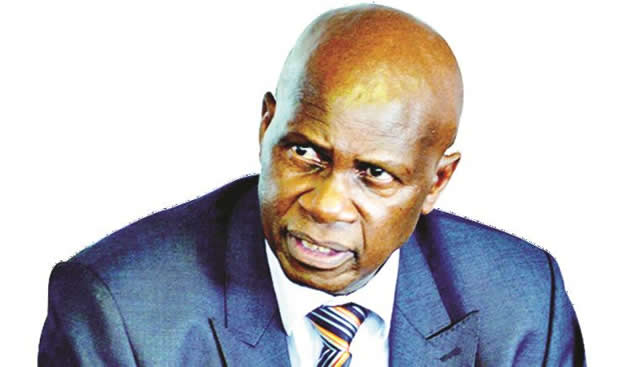Auditors challenged to rid corporates of corruption

Adelaide Moyo Victoria Falls Reporter
FINANCE and Economic Development Minister Patrick Chinamasa says thorough internal audit standards are required to weed out corporate malpractice and corruption, which hamper economic recovery.
In a speech read on his behalf by Zimra board member Arnold Chidhakwa during the Institute of Internal Auditors Conference here on Wednesday, the minister said auditors have a critical role to play in curbing corruption and business inefficiencies.
“I want to challenge auditors to take a leading role in extending their scope to non-traditional audit areas. The auditors should be given a canvas of unlimited scope and they shouldn’t be restricted in any way in what they say or what they investigate because they prevent malpractices in different ways,” said Chinamasa.
He urged government ministries to closely work with auditors to ensure that public funds were used appropriately. “Strengthening internal audit functions in institutions especially government is essential to uphold the basic principles of sustainable business models as guided by the triple-bottom-line concept will put an unnecessary burden on the national budget that can be avoided,” said the minister.
He tasked the private and public sectors to come up with proactive and preventive strategies to protect businesses from malpractices.
“We need to inculcate a culture of zero-tolerance to fraud, bribery and corruption by making these malpractices expensive and loss-making activities for both the beneficiary and perpetrator. Companies and individuals should realise that the wrong kind of payments — bribery and corruption have painful consequences,” Chinamasa said.
During the meeting it emerged that about five percent of the global GDP is lost through corrupt tendencies annually.
“Globally, $1 trillion is paid in bribes while an estimated $2.6 trillion is stolen annually through corruption. This leads to low investment as the cost of doing business is significantly higher and corruption is a huge threat to safety and security structures,” said Chinamasa.
In Africa it is estimated that 25 percent of African states’ GDP is lost to corruption annually.
Speaking at the same occasion, chairman and senior lecturer in the department of economics at the University of Zimbabwe, Phineas Kadenge said high interest rates in the country were responsible for constrained investment.
“The financial sector needs to lower interest rates because these low interest rates are essential for promoting industry resuscitation and improving the cost of doing business. Since 2009, factors affecting growth have shifted towards building competitiveness in business.
“The economic growth in the country is gloomy as it is below 1.5 percent to negative growth and this is due to lack of business and public confidence in government’s management of the economy among other things,” said Kadenge.
Close to 200 hundred delegates are participating in the conference, which ends today.








Comments